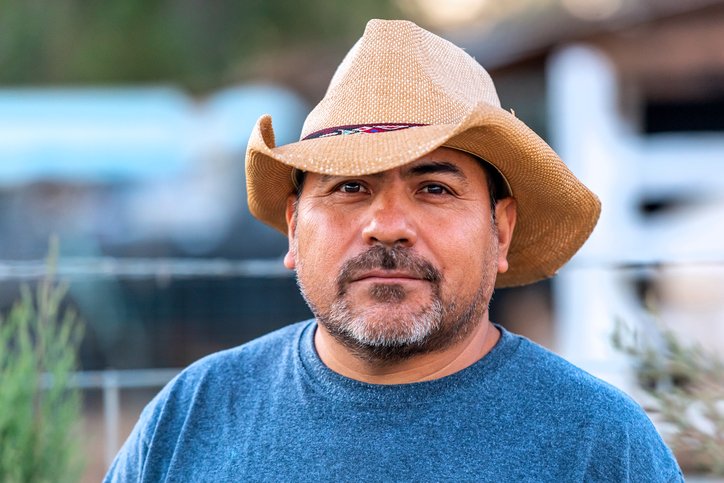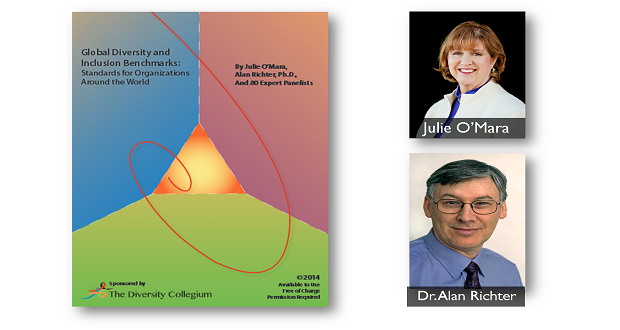
I met my now-husband when we were just 13 years old. By all accounts, he was a normal 13-year-old boy. He played soccer and enjoyed hanging out with friends on the weekends. He was shy and easy-going. We met in Earth Science class, and he was much smarter at that subject than I ever was. I would constantly go to him with questions to understand the content … and maybe a little flirting or distraction too.
Fast forward 12 years later — we started dating. In some ways, he was still that easy-going and shy boy, but as we became more romantically involved, I learned a lot more about him. He spoke Spanish, coached soccer, and had his bachelor’s degree in biochemistry (this never surprised me; there was a reason I went to him with all my questions), but there was one thing he forgot to mention over those 12 years of friendship. He was undocumented. Brought to the United States at just 2 years old from Mexico, America was all he knew. But as United States Immigration policy would argue, he certainly was not an American. It was not only the law that defined that, but society, which had developed a perception of what an immigrant is and would be an even more difficult concept to change than finding the legal path to citizenship.
Brought to the U.S. at just 2 years old from Mexico, America was all he knew. But as U.S. Immigration policy would argue, he was not an American. It was not only the law that defined that, but society. Click To TweetHe grew up in American schools, he spoke perfect English with no accent, he graduated from college summa cum laude — biochemistry no less, not an easy feat. Now he was in his mid-20s, teaching middle school science at an inner-city school. From the outside, he appeared to be just as American as me. But America would tell him otherwise.
There was no path to citizenship for him, there was continuous talk of a border wall, and then-presidential candidate Donald Trump was quoted saying, “When Mexico sends its people, they’re not sending their best. They’re not sending you. They’re sending people that have lots of problems, and they’re bringing those problems with us. They’re bringing drugs. They’re bringing crime. They’re rapists. And some, I assume, are good people.” That speech clearly captures how many Americans perceive immigrants. Instead of understanding people as nuanced, they are either wicked and crime-ridden, or must be perfect.
When my conservative friends or family would go on rants about immigrants in this country and “illegals,” I would always remind them of my husband’s status — a way to remind them that generalizations are not helpful for anyone. Instead, I have always been met with “but he’s different.”
What goes into differentiating “good” from “bad” in this binary conception of immigrants? Why are some perceived as “different?” Is it the fact that he is educated? Or that he speaks with no accent? Is it because he is working in a career that most consider “respectable?” What if he was not able to earn that degree? What if he had an accent when he spoke? What if he had to work three minimum-wage jobs just to pay his rent?
What differentiates 'good' from 'bad' in this binary conception of immigrants? Why are some perceived as 'different?' Is it that he's educated? That he speaks with no accent? Because he works in a 'respectable' career? Click To TweetThis idea that my husband is “different” has never sat well with me. I have met countless immigrants over the years. Some that have found their way through the arduous immigration system in the United States to have legal status, and others, like my husband, who have come here undocumented under a variety of different circumstances, and remain in that status due to no path to citizenship. Regardless of each individual’s circumstance, they’re plagued with this reputation that they’re here to commit crime, to live off the government and social programs. They’re “uneducated,” and they’re “taking our jobs.”
What some fail to realize or recognize is that immigrants to the United States are far less likely to engage in criminal acts than people born here. Undocumented immigrants like my husband are even less likely. In Texas, the Department of Justice found that “Relative to undocumented immigrants, U.S.-born citizens are over 2 times more likely to be arrested for violent crimes, 2.5 times more likely to be arrested for drug crimes, and over 4 times more likely to be arrested for property crimes (Light, M., He, J., Robey, J., 2020).”
Immigrants to the U.S. are far less likely to engage in criminal acts than people born here. Relative to undocumented immigrants, U.S.-born citizens are over 2 times more likely to be arrested for violent crimes. Click To TweetThose that do not have legal status in the United States cannot obtain federal program benefits, like food stamps. Is the lack of education due to no desire or lack of access? Perhaps they need to go to work immediately to help support the family or they cannot pay for college. With an unemployment rate of 3.5 percent in the United States today, I would argue that those that are unemployed are not losing jobs to immigrants.
The idea that my husband is “different” does not sit well with me because the overall generalizations that are placed upon immigrants are unfair and often false. It is time that Americans recognize immigrants are here because of the American promise of opportunity and pursuing your dreams. Each and every person is unique, human, and worthy, regardless of where they were born. Our stories, our journeys are all our own. So, I must say that it is not “but he is different” — instead, that we are all different, and it is time that we start honoring those differences rather than creating division.
The idea that my husband is 'different' doesn't sit well with me because the generalizations placed upon immigrants are unfair and false. We are all different, and it's time we honor those differences rather than create division. Click To TweetLight, Michael. He, Jingying. Robey, Jason. (2020). Comparing Crime Rates Between Undocumented Immigrants, Legal Immigrants, and Native-born US citizens in Texas. US Dept of Justice. Retrieved from: https://www.ojp.gov/library/publications/comparing-crime-rates-between-undocumented-immigrants-legal-immigrants-and


















